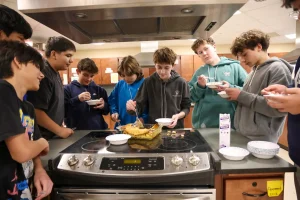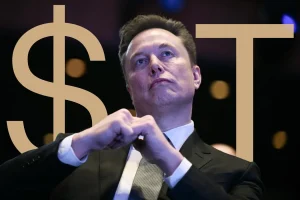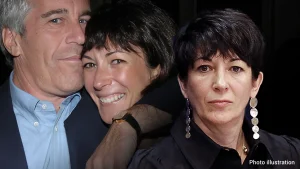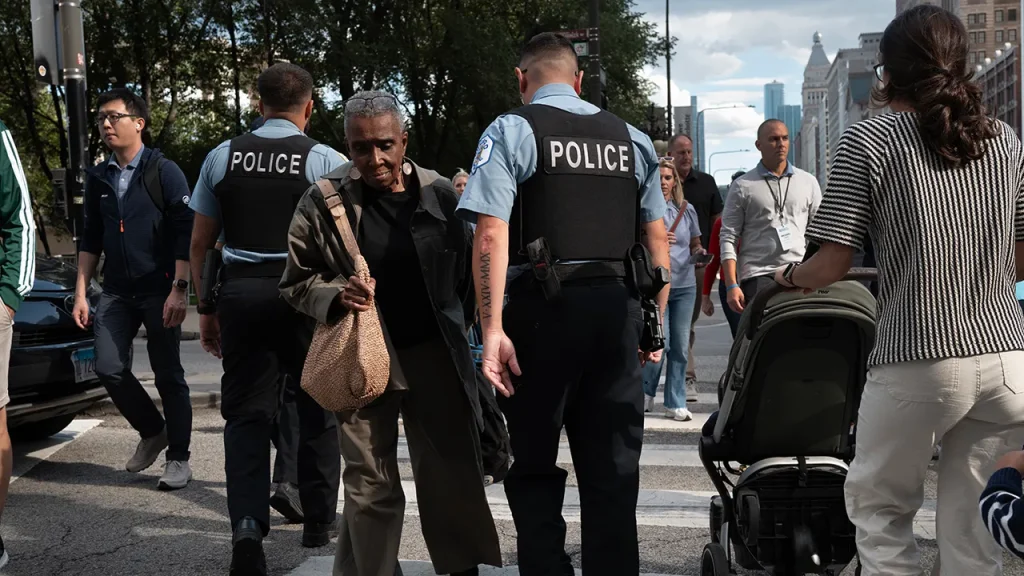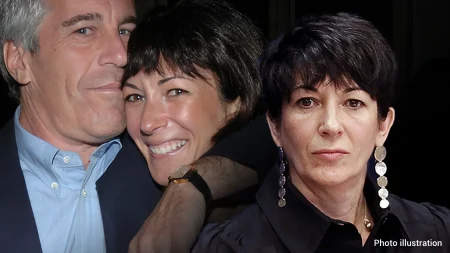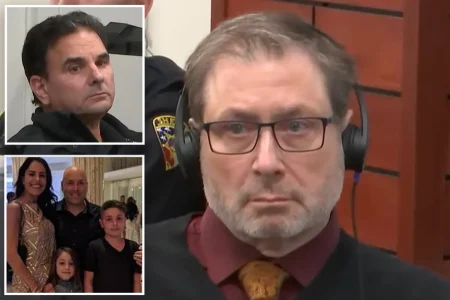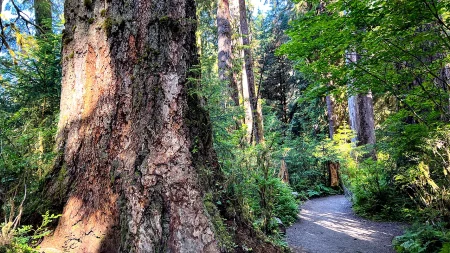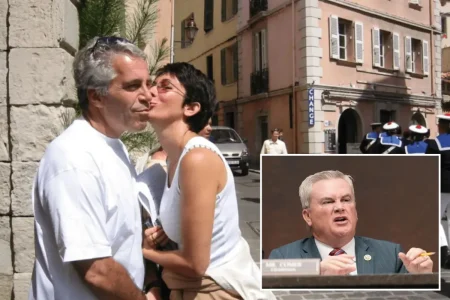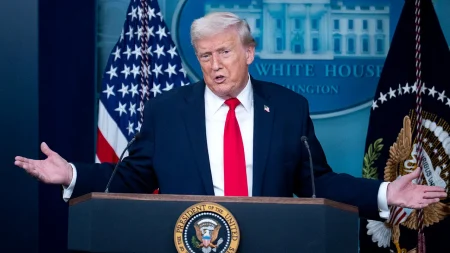Chicago’s Bloody Labor Day Weekend Highlights Political Tensions Over Crime Control
In a city already plagued by gun violence, Chicago experienced another tragic holiday weekend as at least seven people were killed and 37 others injured in shootings across the metropolitan area during Labor Day weekend. The violence occurred against a backdrop of escalating political tensions between Chicago Mayor Brandon Johnson and President Donald Trump over how to address the city’s persistent crime problems. This weekend’s shootings, which police report occurred in unrelated incidents throughout Chicago, have resulted in few arrests, highlighting the ongoing challenges facing law enforcement in the nation’s third-largest city. The victims include at least two women and three men, with authorities still withholding the names of the deceased as investigations continue.
The bloodshed comes at a particularly contentious moment as Mayor Johnson took decisive action on Saturday by signing an executive order explicitly prohibiting Chicago police from collaborating with federal law enforcement. “This executive order makes it emphatically clear that this president is not going to come in and deputize our police department,” Johnson declared during a press conference alongside other city leaders. The order specifically states that while Chicago police will continue enforcing state and local laws, they are forbidden from working with the National Guard or federal agents on patrols, arrests, immigration enforcement, or other law enforcement activities. Johnson’s stance reflects his administration’s deep concerns about potential federal intervention, with the mayor emotionally stating, “We will protect our Constitution, we will protect our city, and we will protect our people. We do not want to see tanks in our streets. We do not want to see families ripped apart.”
The mayor’s executive order comes in direct response to President Trump’s suggestions that he might deploy the National Guard and other federal law enforcement to combat crime in Chicago. This threatened federal intervention has created a significant political standoff, with the White House quickly dismissing Johnson’s executive order as a mere “publicity stunt.” White House spokeswoman Abigail Jackson criticized Democratic leadership in a statement, saying, “If these Democrats focused on fixing crime in their own cities instead of doing publicity stunts to criticize the President, their communities would be much safer.” This exchange reflects the deeply partisan nature of the debate surrounding urban crime control and the appropriate balance between local governance and federal intervention.
Chicago’s struggle with gun violence is nothing new, having plagued the city for decades. This Labor Day weekend’s casualties follow a similarly violent Fourth of July weekend when 55 people were shot, six fatally. Even the Memorial Day weekend at the end of May saw 22 people shot, with two fatalities. These holiday weekend spikes in violence punctuate an already troubling year for the city, which has recorded 272 homicides so far in 2023, including 225 fatal shootings, according to official city data. These statistics tell the story of a city where gun violence has become distressingly commonplace, affecting neighborhoods across Chicago but particularly concentrated in disadvantaged areas on the South and West Sides.
The political confrontation between local and federal authorities threatens to overshadow the human cost of this ongoing violence. While politicians debate jurisdiction and authority, communities continue to suffer the devastating impacts of gun violence. Each statistic represents a human life cut short or forever changed—families left grieving, communities traumatized, and neighborhoods living in fear. The victims of these shootings represent diverse backgrounds and ages, underscoring how gun violence affects the entire fabric of the city. Behind each number is a personal story: dreams extinguished, potential unfulfilled, and loved ones left to pick up the pieces in the aftermath of senseless violence.
As Chicago moves forward from another violent holiday weekend, the city finds itself at a crossroads. The fundamental question remains: how can Chicago effectively address its persistent gun violence while navigating the complex political landscape? Mayor Johnson’s administration is betting on local solutions and resistance to federal intervention, emphasizing community-based approaches and police reform. Meanwhile, federal authorities suggest more aggressive law enforcement tactics may be necessary to curb the violence. What remains clear is that beyond the political posturing, Chicago residents continue to pay the price for this ongoing crisis. As autumn approaches, city leaders face mounting pressure to find effective solutions that can break the cycle of violence while respecting civil liberties and addressing the root causes of crime—poverty, inequality, and lack of opportunity—that continue to fuel Chicago’s gun violence epidemic.
